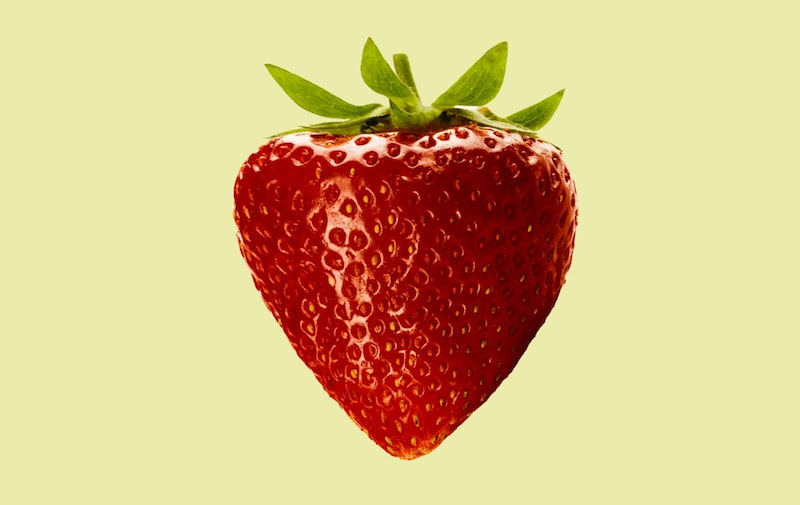Which conventionally grown fruits and vegetables have the highest levels of pesticides? Here are the top “Dirty Dozen” that experts recommend swapping for organic options, especially for children.
The “Dirty Dozen” and the “Clean Fifteen” lists together make up the Environmental Working Group (EWG) annual Shopper’s Guide to Pesticides in Produce. The list analyzes Department of Agriculture (USDA) test data to identify which fresh fruits and vegetables are most and least contaminated with pesticide residues.
“An all-organic diet is simply not affordable or accessible for many Americans,” said Dr. Philip Landrigan, director of the Program in Global Public Health & the Common Good and a world-renowned pediatrician and epidemiologist. “EWG’s Shopper’s Guide provides useful, straightforward guidelines for choosing both organic and conventional produce to provide children with the healthy fruits and vegetables they need, but not the pesticide load they don’t.”
Before testing fruits and vegetables, the USDA washes, scrubs and peels them, as consumers would. The results include tests from more than 47,000 samples of 46 fruits and vegetables.
EWG 2024 Dirty Dozen list includes:
The Dirty Dozen includes produce mostly likely to contain potentially harmful pesticide residues.
- Strawberries
- Spinach
- Kale, collard and mustard greens
- Grapes
- Peaches
- Pears
- Nectarines
- Apples
- Bell and hot peppers
- Cherries
- Blueberries
- Green beans
Of the strawberries, apples, cherries, spinach, nectarines, and grapes tested, 90% of the samples tested positive for residues of two or more pesticides. In addition, 210 pesticides were found on this year’s Dirty Dozen list.
EWG 2024 Clean Fifteen list includes:
By contrast, EWG’s Clean Fifteen list of produce least likely to contain pesticide residues, or lower residues.
- Avocados
- Sweet corn
- Pineapple
- Onions
- Papaya
- Sweet peas (frozen)
- Asparagus
- Honeydew melon
- Kiwi
- Cabbage
- Watermelon
- Mushrooms
- Mangos
- Sweet Potatoes
- Carrots
Of the 2024 Clean Fifteen samples tested, nearly 65% had no detectable pesticide residues.
For more information, visit EWG.





